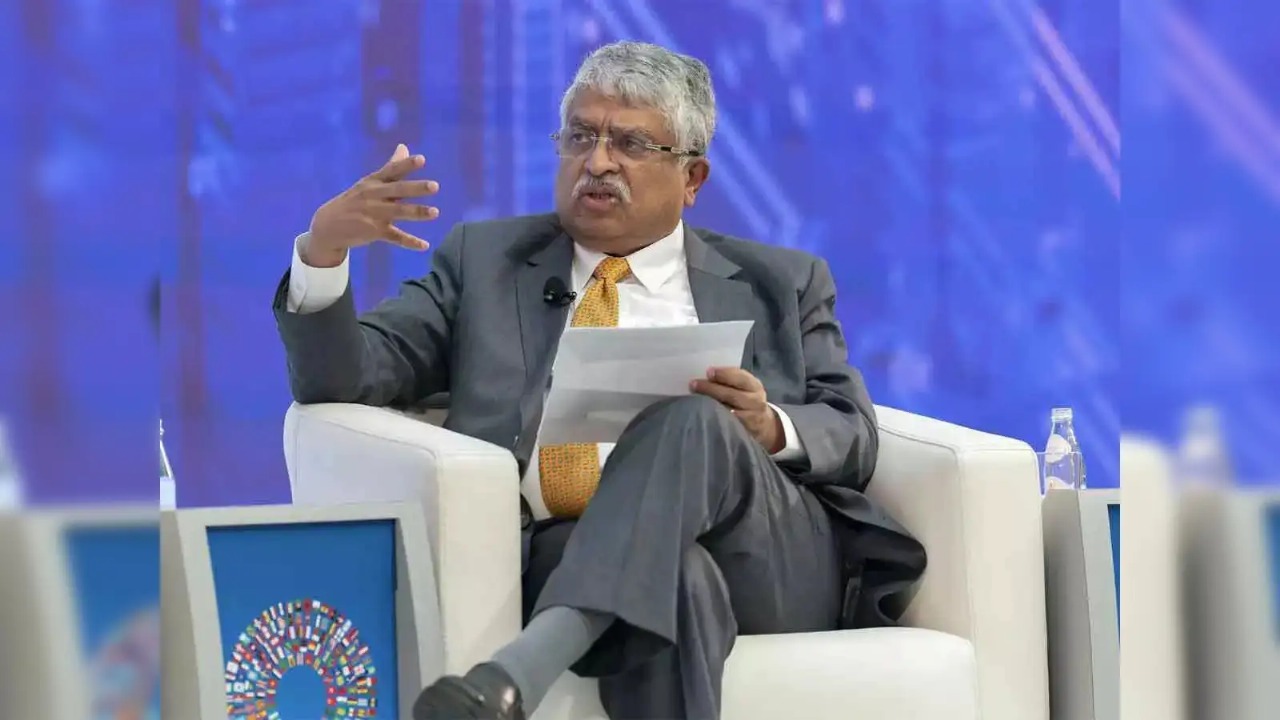Infosys co-founder and non-executive chairman Nandan Nilekani has issued a compelling call to action on the future of artificial intelligence, urging policymakers, technologists, and industry leaders to steer AI toward solving real-world social challenges rather than allowing it to deepen economic divides. Speaking at an Asia Society event in Mumbai, Nilekani emphasized that while AI holds transformative potential, it also risks concentrating wealth and power in the hands of a few unless consciously redirected for public good.
Key insights from Nilekani’s address
- AI is poised to reshape economies and societies, but its unchecked deployment could lead to extreme concentration of wealth and influence
- The forces driving AI advancement are global and powerful, making it difficult to resist the tide of centralization
- Despite this, Nilekani believes that within India’s sphere of influence, there is an opportunity to create a different paradigm—one that amplifies human potential and democratizes access to services
India’s unique opportunity
- Nilekani urged India to avoid the costly AI arms race seen in the West and China, where billions are being spent on proprietary models and infrastructure
- Instead, he advocated for frugal innovation and scalable solutions tailored to India’s needs, such as healthcare, education, and language learning
- He cited successful public digital infrastructure projects like Aadhaar and UPI as examples of how India can lead with inclusive design and low-cost delivery
- The ability to send even Re 1 for free via UPI, he noted, is a testament to India’s capacity for frugal yet impactful innovation
Rejection of dystopian visions
- Nilekani expressed strong reservations about the concept of universal basic income (UBI), which some propose as a solution to AI-induced job displacement
- He criticized the notion that humans will become passive recipients of government transfers while machines do all the work
- Instead, he championed a vision where AI is used to enhance human capabilities, not replace them
- He warned that failing to innovate for the masses could lead to social unrest and negative risk-to-reward outcomes
Design principles for inclusive AI
- Simplicity and accessibility must be at the core of AI systems, especially in a country with low purchasing power
- Nilekani emphasized that design should be intuitive and scalable, allowing even the most marginalized communities to benefit
- He called for open platforms and public-private collaboration to ensure AI tools are not monopolized by a few corporations
Policy and industry implications
- Governments must invest in AI literacy and digital infrastructure to ensure equitable access
- Industry leaders should prioritize ethical AI development and avoid reinforcing existing inequalities
- Educational institutions and startups have a role to play in building AI solutions that address local challenges
- Nilekani’s remarks serve as a reminder that technology must be shaped by values, not just market forces
Conclusion
Nandan Nilekani’s address is a timely intervention in the global AI discourse, urging India to chart its own path—one that prioritizes social impact over technological supremacy. As AI continues to evolve, his vision offers a roadmap for inclusive innovation that empowers rather than excludes. The challenge now lies in translating this vision into actionable strategies that serve the aspirations of over a billion people.
Sources: MSN India, Business Standard, Economic Times, PTI News

